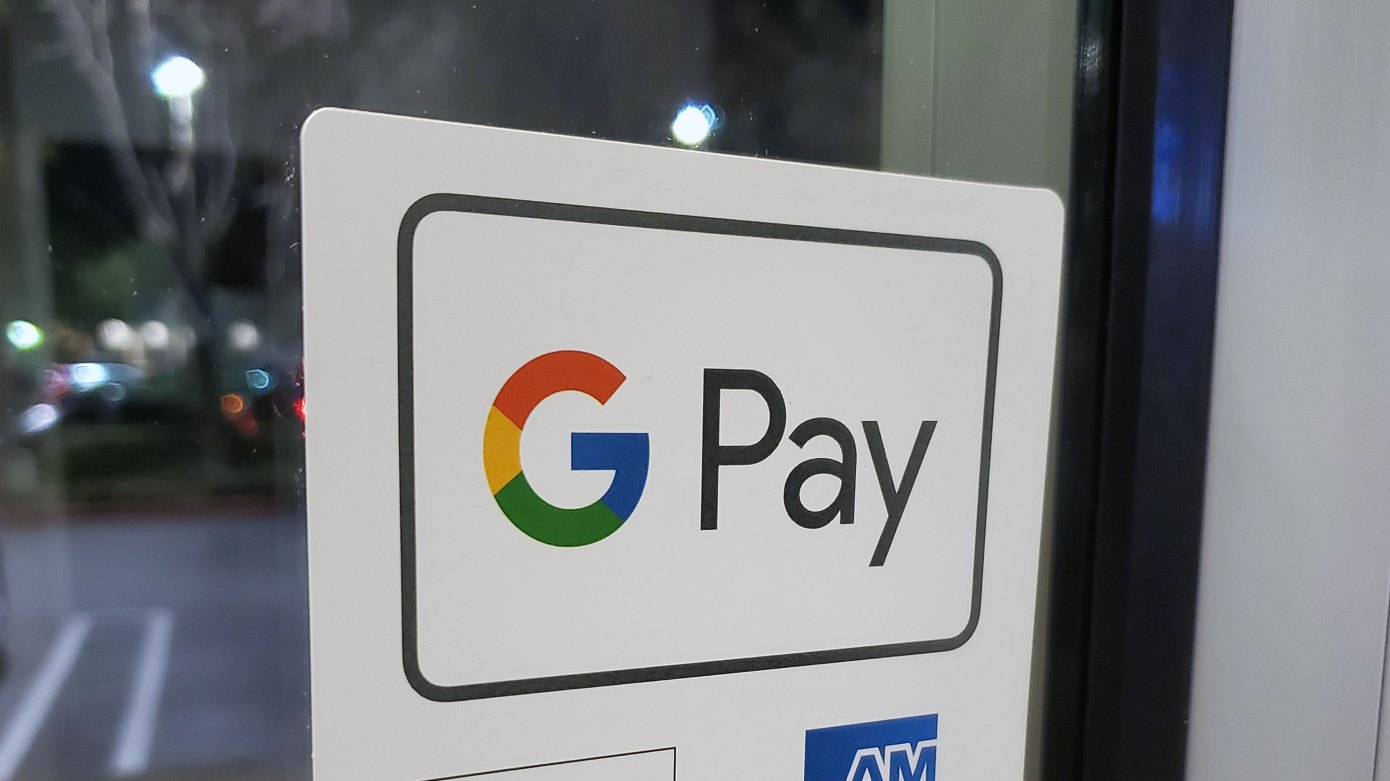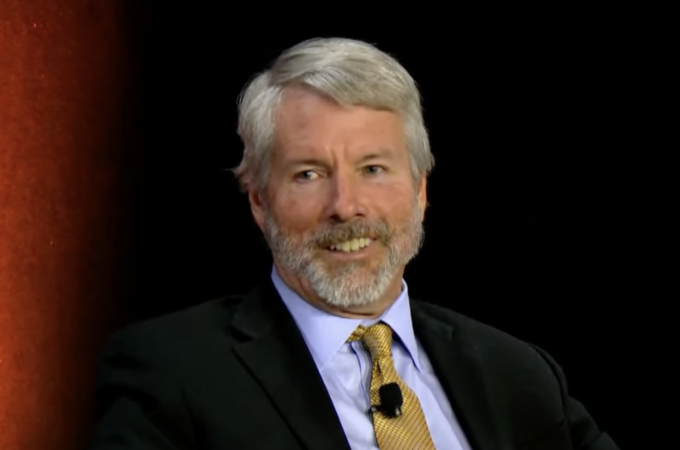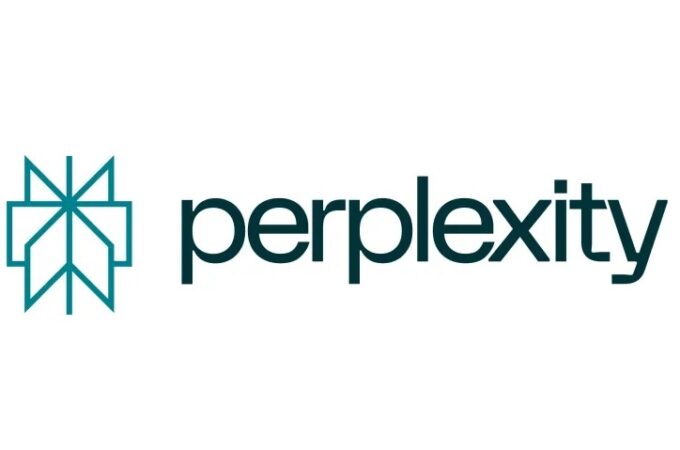
Google signs up six more partners for its digital banking platform coming to Google Pay
via TechCrunch
Google is expanding its plans to offer digital banking services in the U.S. The company announced today it’s partnering with half a dozen more banks to offer digital checking and savings accounts to Google Pay users in the U.S., starting sometime next year. The new partners include Bank Mobile, BBVA USA, BMO Harris, Coastal Community Bank, First Independence Bank and SEFCU. They join Google’s existing partners Citi and SFCU, announced earlier, for a total of now eight banks lined up for the project.
News of Google’s big move into banking and personal finance through an effort known internally as “Project Cache” was first reported by The Wall Street Journal in November. Much like the mobile banking services offered today by a number of startups, Google will provide the consumer-facing front-end to the digital banking services it makes available, while the accounts themselves will be held by the FDIC-backed partner institutions.
However, unlike with mobile banking startups, which tend to note their banking partners only in the fine print, Google is giving the banks a co-branded experience. In addition, Google explains that by working with a range of partners from large, global banks down to smaller credit unions with deep community ties, it will be able to do a better job building products that meet its customers’ diverse set of needs.
“We had confirmed earlier that we are exploring how we can partner with banks and credit unions in the U.S. to offer digital bank accounts through Google Pay, helping their customers benefit from useful insights and budgeting tools, while keeping their money in an FDIC or NCUA-insured account,” a Google spokesperson says. “We are excited that six new banks have signed up to offer digital checking and savings.”
The company says it plans to add even more U.S. financial institutions over time.
Google today operates its digital payments service Google Pay and complementary Google Wallet product to serve its customers’ financial needs. But today, more consumers — and particularly younger people — are moving away from brick-and-mortar banking institutions to instead manage their money online. Apple already tapped into consumer demand for digital banking with the launch of its co-branded Apple Card credit card with Goldman Sachs. But it has not yet offered a full banking service, only Apple Cash — a service where you store your “cashback” credits from Apple Card use, payments from friends or the cash you transfer in from a connected bank.
Google’s plans are more extensive. Though it won’t host the bank accounts, it will be able to draw on data to offer customers financial insights and other budgeting tools. For the partners, the service gives them a way to market their brand to consumers in an increasingly mobile-first, online-only market.
“Being able to support our customers’ financial lives in more places where they’re spending their digital time is important to helping them be successful,” said Brett Pitts, chief digital officer for BMO Financial Group, in a statement about BMO’s partnership with Google. “Collaborating to launch this new BMO digital product accelerates our ability to deliver financial advice to our customers and is an innovative step in the evolution of how we serve them.”
For BBVA, the collaboration is another step forward for its BBVA Open Platform, which allows the bank to acquire customers by embedding its financial products within other apps and services.
“BBVA has focused for decades on how it could use digital to advance the financial industry, and in so doing, create more and better opportunities for customers to manage their financial health,” said BBVA USA President and CEO Javier Rodriguez Soler. “Collaborations with companies like Google represent the future of banking,” he added.
The accounts are expected to launch in 2021, several banks said in their announcements. Google has not provided a more specific time frame for the launch.




